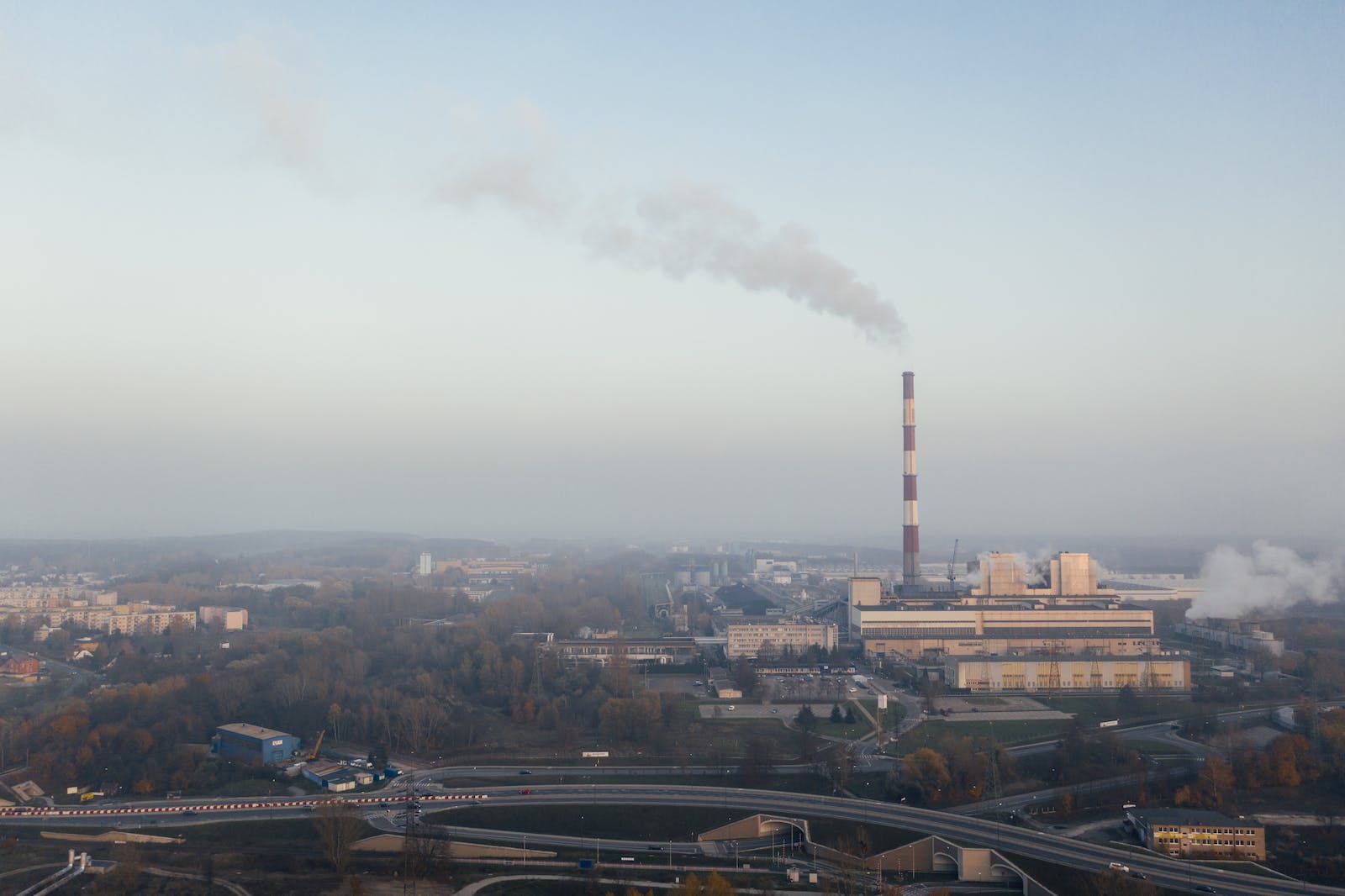The Pros and Cons of Fracking: Exploring the Benefits and Drawbacks
Exploring the impact of fracking on the environment and economy
Fracking, also known as hydraulic fracturing, has become a contentious issue in the energy sector. It involves the extraction of natural gas and oil from deep within the earth by injecting high-pressure fluid into shale formations. Proponents argue that fracking has the potential to boost energy production and reduce dependency on foreign oil. On the other hand, opponents raise concerns about its environmental impact, including water and air pollution. In this article, we will explore the advantages and disadvantages of fracking, shedding light on its complex implications for the environment and economy.
Fracking has sparked heated debates around the world, especially in regions with significant shale reserves. Its proponents emphasize the economic benefits and energy security it can provide, while its opponents highlight the potential risks to public health and the environment. Understanding the multifaceted nature of fracking is crucial in making informed decisions about its regulation and usage. By examining the pros and cons of fracking, we can gain deeper insights into its effects on energy markets, job creation, carbon emissions, and community well-being.
Pros
While fracking has been a topic of controversy, it offers several potential benefits that have contributed to its widespread adoption in the energy industry. Let's explore some of the significant advantages associated with fracking.
Technological Innovation
A potential benefit of fracking is the opportunity for technological innovation. As companies invest in developing more efficient and environmentally friendly fracking methods, they may discover new technologies that can be applied to other industries, leading to advancements in various fields.
Abundant Energy Supply
Fracking has unlocked vast reservoirs of natural gas and oil, leading to a significant increase in energy production. This has bolstered energy security and reduced reliance on imported fossil fuels in many countries, potentially stabilizing energy prices and enhancing national economic competitiveness.
Economic Growth and Job Creation
The expansion of fracking operations has stimulated economic growth in regions with shale deposits, creating job opportunities in various sectors such as mining, construction, and support services. This has had a positive impact on local economies and contributed to overall employment rates.
Reduced Greenhouse Gas Emissions
Natural gas, obtained through fracking, emits fewer greenhouse gases during combustion compared to coal and oil. As a result, the increased use of natural gas in energy generation has led to a reduction in carbon emissions, supporting efforts to combat climate change and improve air quality.
Energy Independence and National Security
Fracking has played a vital role in enhancing energy independence for many countries, reducing their reliance on foreign energy sources and enhancing national security. This has geopolitical implications and can mitigate the impact of global energy supply disruptions.
Revenue for Local Communities
Fracking can provide revenue for local communities through taxes, royalties, and lease payments. This influx of funds can be used to improve infrastructure, support public services, and invest in community development projects, which can ultimately benefit the residents in the area.
Missing a pro?
Let us know which pro you are missing!
Cons
While fracking has ushered in significant changes in the energy landscape, it is not without its share of drawbacks and controversies. It is essential to critically examine the potential negative impacts associated with fracking.
Environmental Concerns
The process of fracking raises environmental concerns, particularly related to the contamination of groundwater and surface water. The release of toxic chemicals and methane emissions during drilling and extraction poses risks to ecosystems, wildlife, and human health, contributing to air and water pollution.
Resource Depletion and Land Use
Fracking operations require substantial amounts of water, leading to concerns about water resource depletion and potential conflicts over water usage in drought-prone regions. Additionally, the extensive industrial infrastructure and land disturbance associated with fracking can disrupt natural landscapes and wildlife habitats.
Seismic Activity and Earthquake Risks
Fracking activities have been linked to induced seismicity, causing tremors and earthquakes in some regions. The injection of fracking wastewater into disposal wells can trigger geological instability, potentially leading to seismic events and damage to infrastructure, posing risks to communities.
Regulatory Challenges and Public Opposition
The expansion of fracking has been met with public opposition and regulatory challenges due to concerns about its environmental and health impacts. This has led to conflicts over land use, noise pollution, and community well-being, highlighting the need for robust regulations and stakeholder engagement.
Health Risks and Air Pollution
Fracking operations have been associated with the release of air pollutants, which can pose health risks to nearby residents. Exposure to pollutants such as volatile organic compounds and particulate matter may lead to respiratory issues, cardiovascular problems, and other health concerns, impacting the well-being of individuals living in fracking-affected areas.
Water Contamination
One of the major concerns related to fracking is the potential for water contamination. The chemicals used in the fracking fluid, as well as the release of naturally occurring substances from the rock formations, can contaminate groundwater if proper containment and waste disposal measures are not strictly followed, posing a serious risk to local water sources and ecosystems.
Missing a con?
Let us know which con you are missing!
Conclusion
Fracking remains a polarizing issue, with its proponents emphasizing its economic benefits and energy security, while its opponents raise valid concerns about its environmental impact and public health risks. As technologies and regulations continue to evolve, it is crucial to conduct comprehensive assessments of fracking's benefits and drawbacks, considering its broader implications for sustainable energy development and environmental stewardship.
What do you think?
Do you think the pros outweigh the cons?








